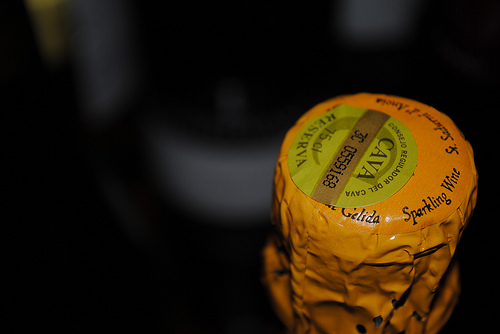Archive
To Err is Human. Celebrate It!
 If you’re human you make mistakes sometimes, and you probably hate to admit it. But what if instead of cringing and trying to hide it, you got curious about the upside of being wrong?
If you’re human you make mistakes sometimes, and you probably hate to admit it. But what if instead of cringing and trying to hide it, you got curious about the upside of being wrong?
In their book, The Art of Possibility, Rosamund and Ben Zander remind us that mistakes are indispensible to learning. “Giving an A” is one of the 12 daily practices they offer for shifting your mindset from limitations to possibilities. They first hit upon the practice as a technique for disarming the performance anxiety of Ben’s music conservatory students.
Worried about how they’d measure up, the students avoided taking risks in their interpretation class. When they were told from the outset that they’d receive an A, and they were asked to use their imaginations to time travel into the future and describe the effort with which they’d earned it, the prospect of making mistakes fell into the larger context of playing better, and became a lot less scary.
Ben writes, “It is only when we make mistakes in performance that we can really begin to notice what needs attention. In fact, I actively train my students that when they make a mistake, they are to lift their arms in the air, smile, and say, ‘How fascinating!’”
Now comes further illumination as to why being wrong should be more a cause for celebration than shame.
In a Boston Globe article introducing her new book, Being Wrong: Adventures in the Margin of Error, Kathryn Schulz calls for a new way of thinking about wrongness, one that recognizes that our fallibility is part and parcel of our brilliance. She explores how inductive reasoning, the process by which our brains add new knowledge and understanding at an impressive rate, is also responsible for our tendency to err.
And she makes the case that when viewed from the perspective of larger systems, an accepting stance toward inevitable personal error leads to process improvement. In some high stakes industries, like aviation and healthcare, reporting individual mistakes is encouraged, or even required, in the interest of preventing greater damage over the long term.
Of course, some systems take a much more punitive approach to error, and reinforce our instinct to keep our bloopers under wraps. But if we wanted to take a stand for being wrong, we might quote biologist Lewis Thomas who observed, “The capacity to blunder slightly is the real marvel of DNA. Without this special attribute, we would still be anaerobic bacteria and there would be no music.”
The next time you goof up—or even completely implode—what will you do to celebrate the successes that are bound to follow?